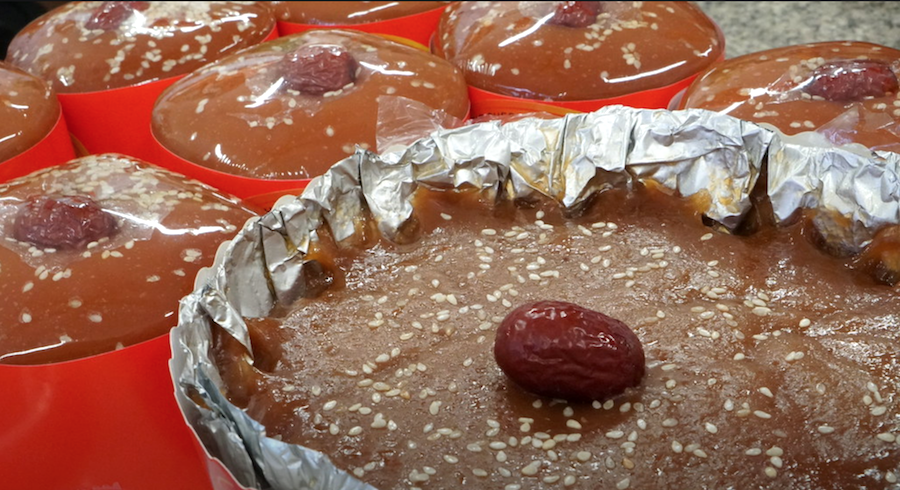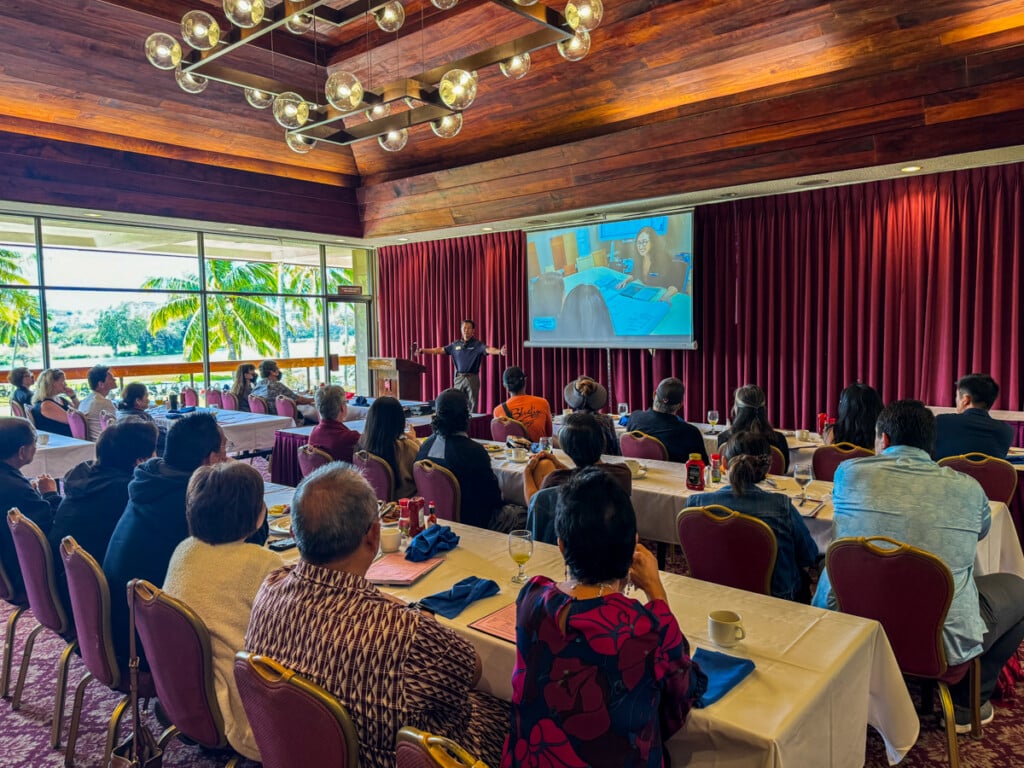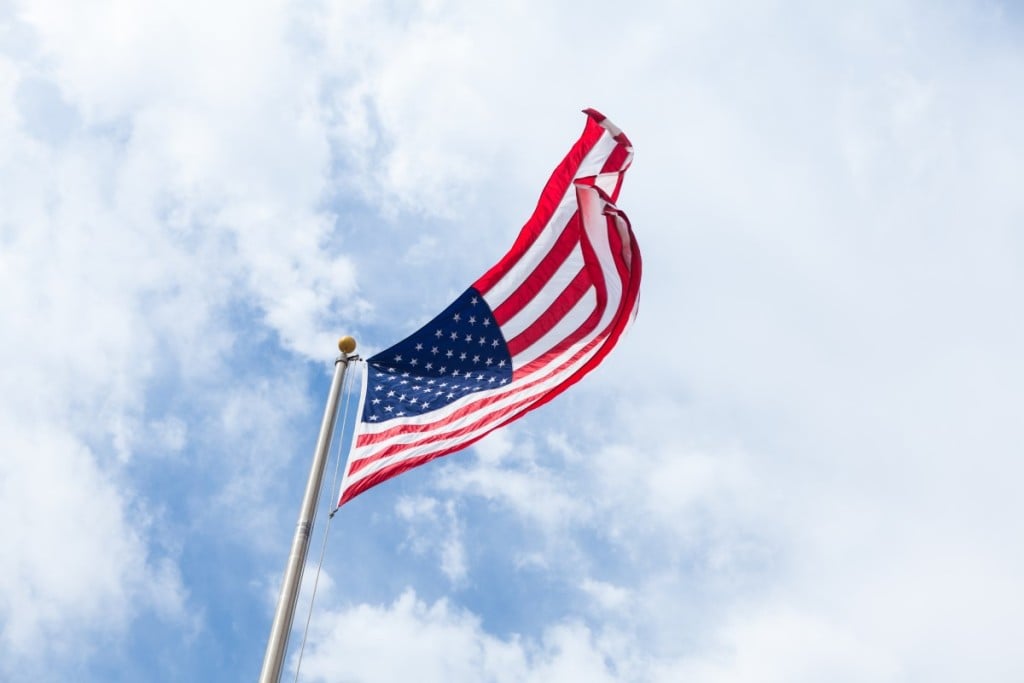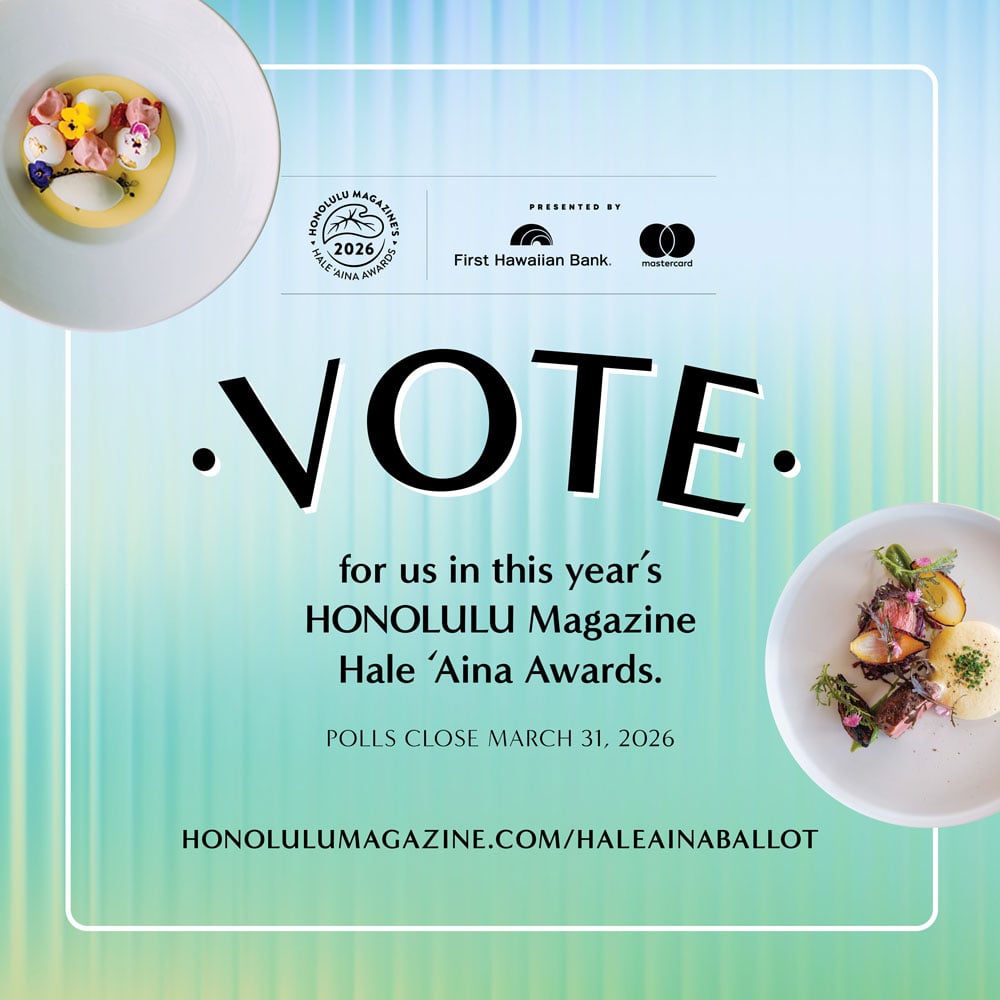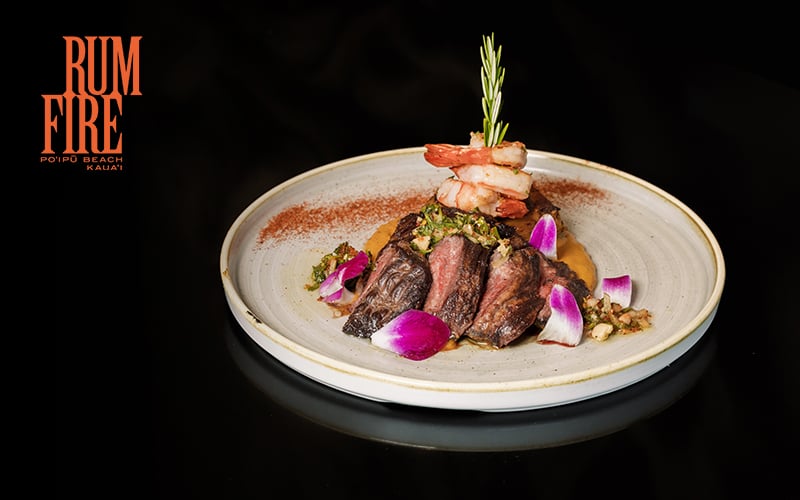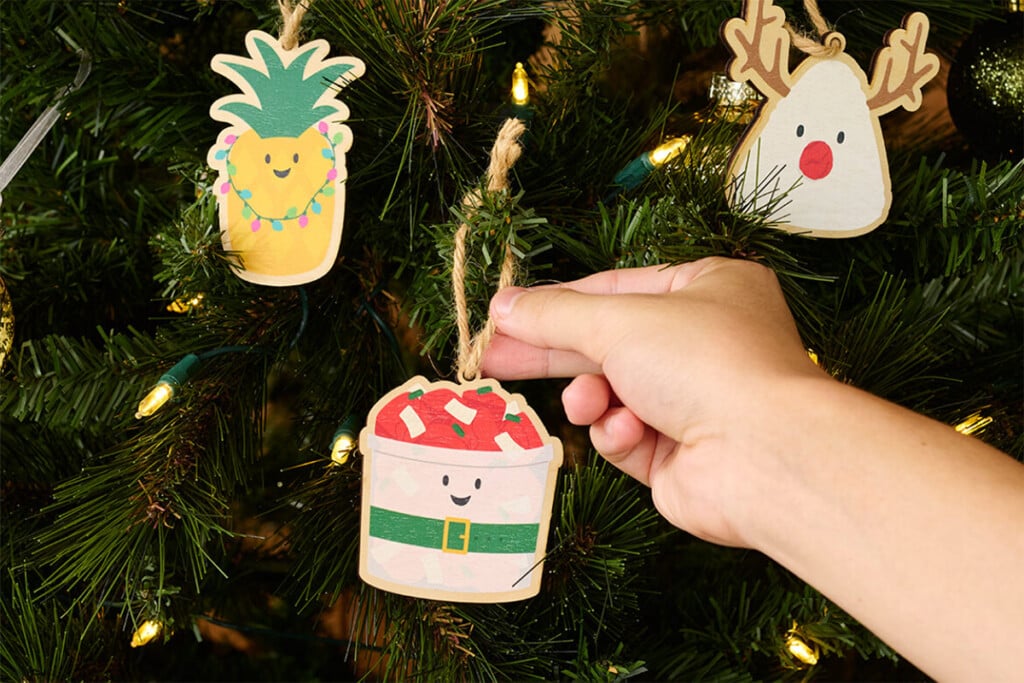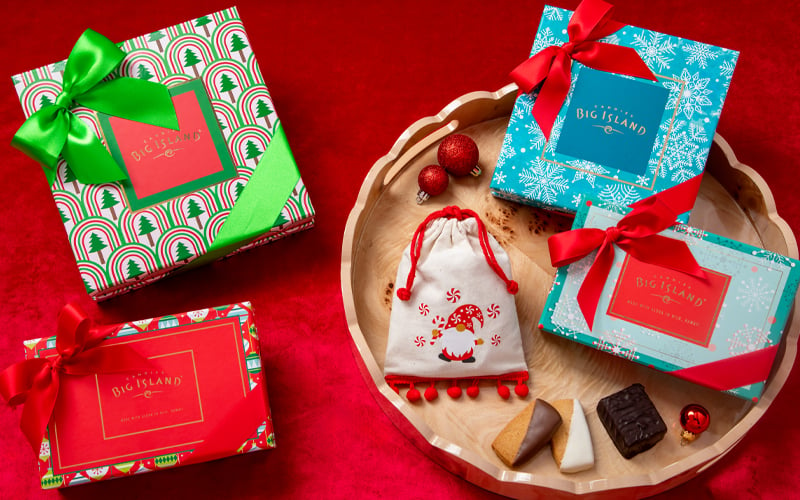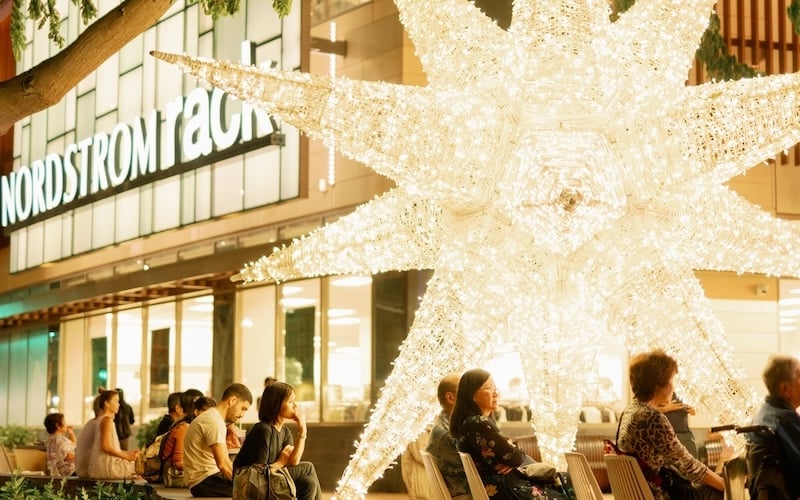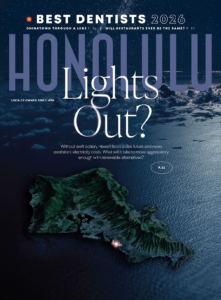 |
John Heckathorn |
The
inspiration for this issue was not Rolling Stone’s 500 Greatest Albums issue,
although that project was well under way by the time we went to work on this issue.The
real inspiration was Memphis Magazine, which, a year ago, published a cover story
titled “Soulsville,” about the origins of the Memphis Sound. (Yes, you’ve heard
it-Otis Redding, the Staple Singers, Booker T & the MGs and so on.) We thought:
Well, the city of Memphis might have its own sound, as do Motown, Philly, Nashville. But
Hawai’i is the only state with its own distinctive music. There’s American popular
music, but you’re never likely to see an album called “The Music of Connecticut”
or New York or California. The music of Hawai’i, however, is part of the
culture we all share. Inspired by the landscape and the indigenous Hawaiian culture,
it draws inspiration from around the world. It incorporates influences from sources
as diverse as country and western and reggae, all the while remaining distinctively
itself. We wanted to remind people in Hawai’i of the music all around them.
So the magazine assembled a panel of a dozen distinguished musicologists, music
executives, musicians, radio personalities. Everyone we asked was more than willing
to participate. We asked each panelist to draw up a list of up to 30 to
40 albums, divided into “must haves,” “hard to leave out” and “nice to have on
the list.” Note that we asked for Hawai’i albums, not individual songs.
That meant we began with the 33-1/3 LP records of the early ’50s and continued
to the CDs of today. Younger people sometimes use the word album to mean record,
and think CDs aren’t albums, but the word album fits both formats. In
addition, we asked for the best Hawai’i music albums, not the best Hawaiian albums.
We know without the Hawaiian language and musical sensitivity, Hawai’i music might
have disappeared into the mainstream generations ago. But we wanted to avoid arguments
about whether any particular album was “truly Hawaiian.” To us, it didn’t matter,
as long as it truly was music of the Islands. We asked the panelists for albums
by Hawai’i-based artists, of whatever ethnicity, born here or not, lyrics in Hawaiian
or not. Most of the albums on the list were recorded in Hawai’i, even if mixed
or augmented somewhere else. A few were recorded on the Mainland, but by Hawai’i
artists. Our original panel included former radio personality and founder
of the Na Hökü Hanohano Awards, Krash Kealoha. At the last minute, health issues
kept Kealoha from participating. Because time was of the essence, I was pressed
into service as the 12th panelist. I was humbled by the company I was in-it’s
difficult to know as much about Hawaiian music as someone like Alan Yoshioka of
Harry’s Music. Still, I was pleased to have a small say in the selection. The
list doesn’t reflect any single judge’s choices. It’s a consensus of many minds,
tallied by our projects editor Mike Keany. We’re proud of the final list,
it’s a distinguished one. It covers albums from Honolulu City Lights to The Best
of the Kahauhanu Lake Trio, from traditional to contemporary. Of course,
no list of the 50 Greatest Hawai’i Albums is ever going to please everyone. This
one’s likely to generate discussion, dissension, maybe even a few alternative
lists. That’s great, because it will mean that people are likely to dust off a
few albums on their shelves, perhaps buy a few they’ve been meaning to replace
for decades-and really listen. Because, after all, it’s about the music. |





